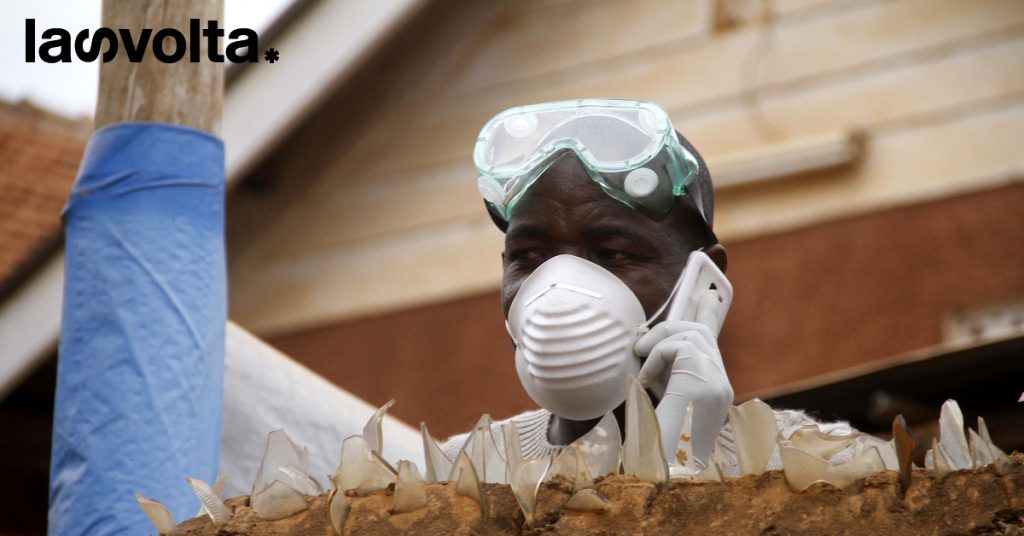The case of policing crime behind desktop monitors

It is not news thatthe areas within the slums tend to incur highercrimerates compared to any other locations.Ranging from petty theft, minor assault, breaking and entering to say the least. However, recent trends seem to suggest thatmajor crimes have become a more prominent occurrence.These are not limited to the trend of gun-wielding assassins that shoot at their targets while riding on motorcycles or the panga (a sort of machete) armed assailants’ attacks on unsuspecting citizens in the cover of darkness. According to the2020 Uganda Police Crime Report,the Country registered anincrease in reported cases of murder by shooting from 181 cases to 249 casesmarking a 37,5% increase. Although the urban areas accounted for 43,9% of the crime rate, 3,14% of crime was registered to have occurred on the highway. The Government, in response, has come up withseveral technological aids in its efforts to curb crimes,a process many critics opine to be long overdue. The big question is, however,how much technology is enough to keep crime in check? Where did things start to change? In the past 10 years,Uganda has chronicled a trail of cold-blooded murders of varying nature. The motorcycle assassins that waylaid motorcades of civil servants on their way home, the panga-wielding murderers that attacked defenseless villagers and the targeted killings of women in Wakisodistrict. All these instances form a part of a large patterned crime syndicate that had placed the Country’s peace and stability at stake. In the wake of these horrors, theGovernment laid out a masterplan to plant camera systems along all roads in the Country,starting with the Metropolitan region of Kampala, Uganda’s capital city. This would be achieved through aCctv network expansion project. TheUganda Police NationalCctv Network Expansion Project, as it has been called,is a project for the purchase and installation of over 5,500 Cctv camerasneeded for a nationwide surveillance system. The cameras, provided by a Chinese firm,Huawei, had special technology features like the ability todetect number plates of vehicles and faces of suspects.Such information could then be linked to theNational Identification and Registration Authority(Nira) database, which pools over national data on every registered person in every Country. This, in turn,would address surveillance and investigation,among other operational capabilitiesinvolved in criminal prevention. The process kicked off with the purchase of a bountiful of street security cameras to monitor traffic and keep surveillance of crime on the road.Through the collection and analysis of footage, the remote controller at the control center is able to dispatch sensitive information to field agents in order to keep crime in check and make quick responses to emergencies. This would also enable investigative agencies to keep track of the movements of suspected criminals, which would make the investigation of crime much easier. Is road surveillance sufficient? Despite the fact that this technological breakthrough was a huge achievement,the project still fell short in certain areas.Suffice to say, there is still a large part of the population living and transacting in the country without a registered presence in the system. According to a recent press release by Nira, as of september last year, there were still 17,4 million ugandans that are nor registered in theNational Identification Register.This implies thatthere are a number of people using telephone contacts registered in other people’s names and as such defeating the purpose of the digitisation of crime prevention. The need toembrace technologyhas dawned uponAfricaand particularlyUganda, now more than ever. The drastic changes that made life more virtual-oriented in the event of the pandemic may not be reversible. As such, we need to call on governments and responsible agencies to have foolproof plans in theimplementation of strategic plansas nationally significant as this. If that is done,the success of the Cctv project in ridding society of crime and maintaining stability will become a guarantee.